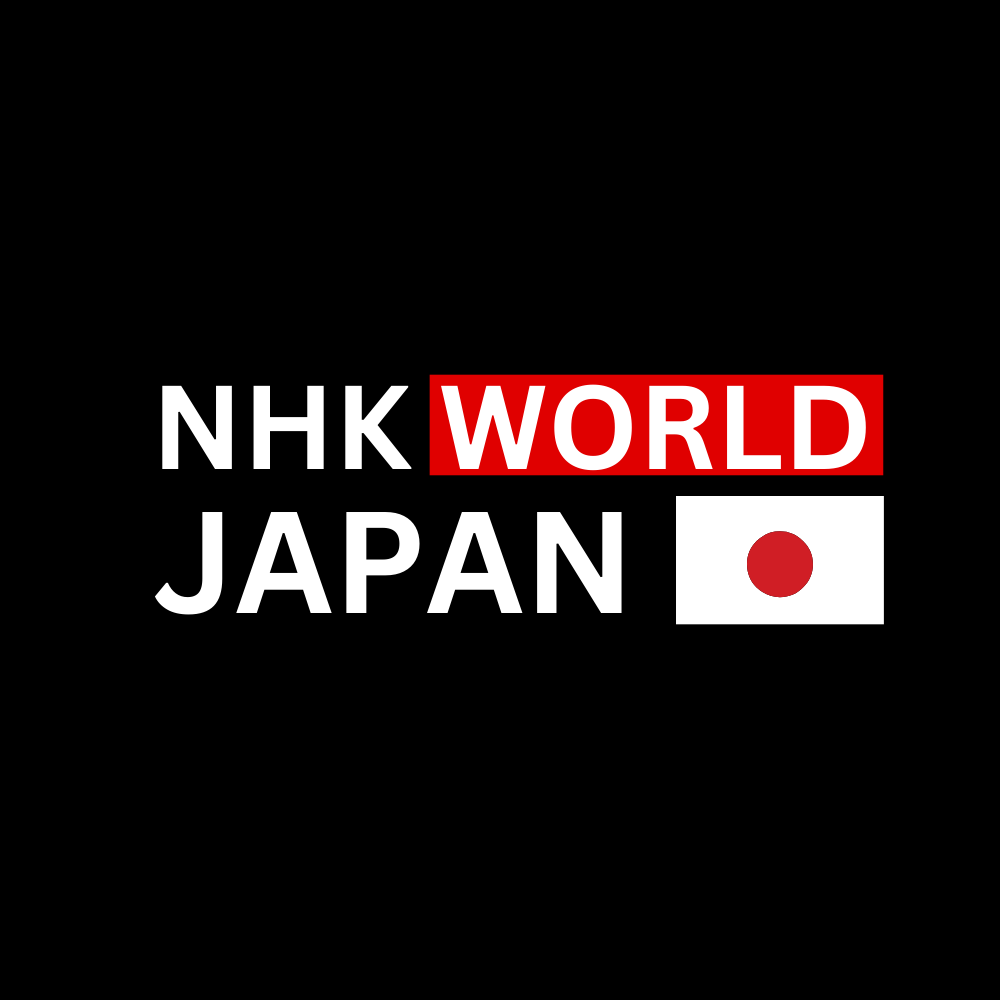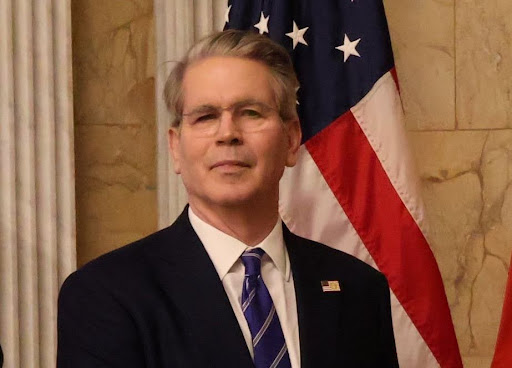A new, transactional H-1B visa policy has been detailed by Scott Bessent, clarifying recent remarks from Donald Trump. The policy, described by Bessent as “come in, teach, return home,” is not the immigration softening many perceived. Instead, it’s a “knowledge transfer” strategy to build a more skilled American workforce.
Donald Trump’s initial comments had suggested a major pivot. He stated a need to “bring talent into the country” and argued that Americans lack “certain talents” for high-tech jobs. This led to speculation that his administration was preparing to relax H-1B restrictions.
Bessent’s clarification, however, reveals a much different, more protectionist vision. He explained that the goal is to use foreign expertise as a temporary educational tool. Skilled “overseas partners” would be invited to the US for a limited time to train domestic workers.
This “train-and-return” model would be structured with temporary visas, lasting “three, five, seven years,” according to Bessent. The primary function of these H-1B holders would be to act as instructors, passing on their specialized skills to American colleagues.
Bessent hailed this as a “home run” for the US. He addressed the skills gap in industries like semiconductors, stating, “An American can’t have that job, not yet.” This plan, he argued, allows the US to learn from foreign experts, who then “go home,” leaving American workers to “fully take over.”

